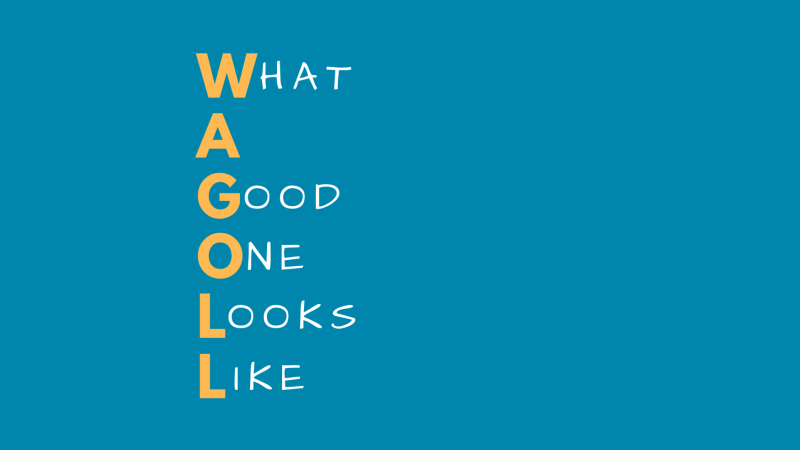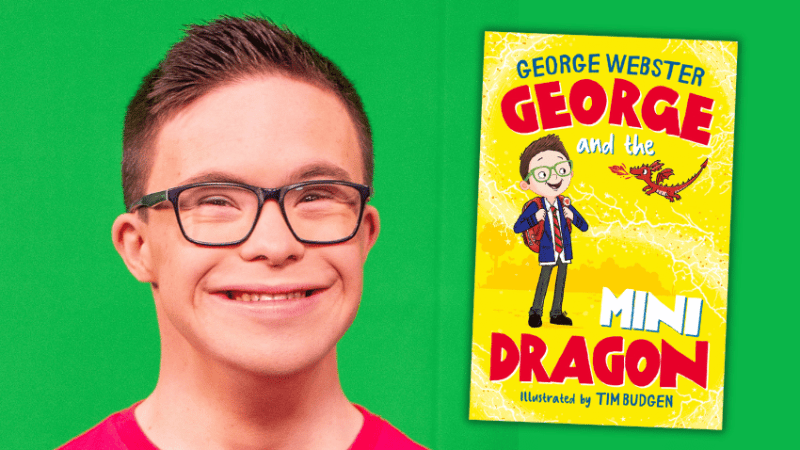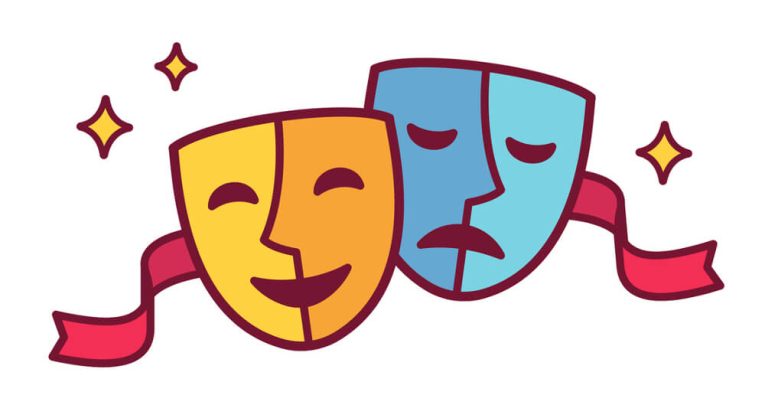Learning design – how these counterintuitive concepts can help improve your teaching

Forget libraries, think marathons – the way we acquire knowledge might sound illogical, but trust me, it works…

Teaching is rewarding but it’s also really hard. There are many things that make it so: you have to attempt to keep a group of young people engaged at all times, and somehow see what’s going on in their heads, to name just two! But there’s another reason why teaching is difficult: learning is mysterious.
Recently, I’ve been collating concepts about how people learn that go against what you might intuitively think. They add to the wonderful complexity of teaching, but they can lead you down the wrong path, too.
Once you know about them though, you can use them to make better decisions about how you teach.
Let’s take a look at four counterintuitive concepts about learning and what they might mean for our practice.
How we learn
It seems sensible: if we want pupils to develop their expertise in an area, we should get them to mimic the thinking and behaviour of experts.
But the clue here is in the word ‘develop’. There’s no shortcut to expertise; children have to steadily accumulate knowledge and skills through practice.
What’s more, the activities pupils need in order to develop this expertise often look nothing like the final product.
It’s like training for a marathon. You don’t start by running 26 miles every weekend. You eat right and sleep right; do short, fast runs and slower, longer ones. It’s only after all this that anything close to a marathon becomes possible.
On the face of it, the slow growth of expertise might seem a bit demoralising: it’s a long slog to become an expert. However, I think it can be seen in a positive light.
For example, when you model a skill, be transparent about the road you took to get there. Sometimes, if you make modelling too seamless, children may find that when they try it for the first time, they inevitably struggle, and assume they’re just ‘bad’ at it.
Continual emphasis on the growth of expertise as a slow process of accumulating knowledge and experience is an important lesson.
Academic performance and learning styles
It’s really satisfying to teach your class something, and then when it’s time for them to do it independently, they seem to be tackling the task really well.
This is what we call performance. It indicates that pupils are grasping some of the stuff you’ve taught them. But performance can be deceptive. It may actually have very little to say about children’s learning.
How can this be? Well first off, as we have already said, learning is a process. If we think about it as stabilising memories, this happens in the brain through something called consolidation.
Memories start off fragile and then, with rest and sleep, they consolidate. Since periods of rest and sleep tend to happen outside of lessons, we are unlikely to see the full learning cycle in a classroom.
Secondly, there are activities that actually impair pupils’ performance in the short term, yet improve learning in the long term (Bjork & Bjork, 2014).
Impair performance to improve learning: it doesn’t get much more counterintuitive than that! One such activity is retrieval practice. This is the use of low-stakes questioning so pupils have to recall answers from memory.
This is harder for pupils to do than giving them the answer (either verbally or to re-read) and so it impairs their initial performance.
However, retrieving from memory triggers some powerful processes in the brain that speed up long-term memory storage (amongst other fascinating benefits).
Learning and memory
For a long time, I thought of memory as a library: we shelve new information; we check it out when we need it, then slot it back in. Yet my pupils often didn’t absorb the ‘meaning’ of what I was trying to teach them, and different children found different meanings in the same material. Memory, it would seem, is not like a library at all.
Trending
A better metaphor is an ecosystem: complex, competitive, intertwined and always active. When we teach pupils something, they understand it in relation to what they already know. This means if you’re teaching about democracy and talk about fairness, the children will connect it with their current understanding of fairness. Perhaps in relation to sharing with a sibling (semi-useful) or even more apt, to an experience of letting everyone vote on the school council. The new information is understood differently depending on what pupils connect it to.
Pupils don’t learn what you teach; they learn their interpretation of what you teach.
The best thing you can do is deliberately activate the prior knowledge to which you want pupils to connect the new information. This isn’t easy as children are likely to have different levels of prior understanding, but you can check this through careful questioning, and having some simple, familiar concrete analogies and examples for a new concept can be really helpful.
Knowledge vs skills
When we think about what we want for pupils academically, it’s often related to the skills we want them to have. For example: critical thinking, creativity, ability to infer deeper meanings from the books they read, etc.
It’s really easy to fall into the trap of thinking these skills can be taught generically. What I mean by this is teaching lessons where pupils practise ‘inferring’ or ‘evaluating’ independent of the important content we want them to engage with.
For example, I used to give my pupils grids of pictures and have them practise ‘inferring’ what was happening.
But we can’t divorce the skill from the knowledge. There’s no generic area of the brain that ‘evaluates’. We evaluate something using the knowledge we have about it.
To illustrate this, try answering this question:
Which character in An Inspector Calls is most to blame for Eva Smith’s death?
If you know a lot about the play, then you might have come to a pretty nuanced conclusion, apportioning varying levels of blame to different characters, perhaps factoring in how guilty they each felt at the end of the play in addition to their actions. If you know very little about it, you fell at the first hurdle and couldn’t evaluate at all.
You might argue that pupils benefit from learning generic steps about how to carry out the skill, e.g. ‘when evaluating, list the pros and cons’.
This is true. Knowing what it means (generically) to evaluate/analyse/infer, etc. is clearly necessary. But this gets you only so far. If you don’t know much about the topic, you don’t know any pros and cons to list!
So, how do we develop pupils’ skills? We need to appreciate that knowledge comes first.
Before learners can apply what they know in different ways, they must have something to apply. Only then can they use a skill is to practise parsing the knowledge they have.
These counterintuitive concepts have the potential to be pernicious. They can lead us down the wrong path in our teaching.
By exposing them, by learning more about them and what they mean for our teaching, we can work with the way pupils learn instead of against it.
In other words, we can use these counterintuitive concepts to make better decisions about how we teach.
Sarah Cottingham is a former teacher. She has an MA in educational neuroscience and works on learning design for the Ambition Trust. Read more of her work at overpractised.wordpress.com or follow her on Twitter @overpractised








